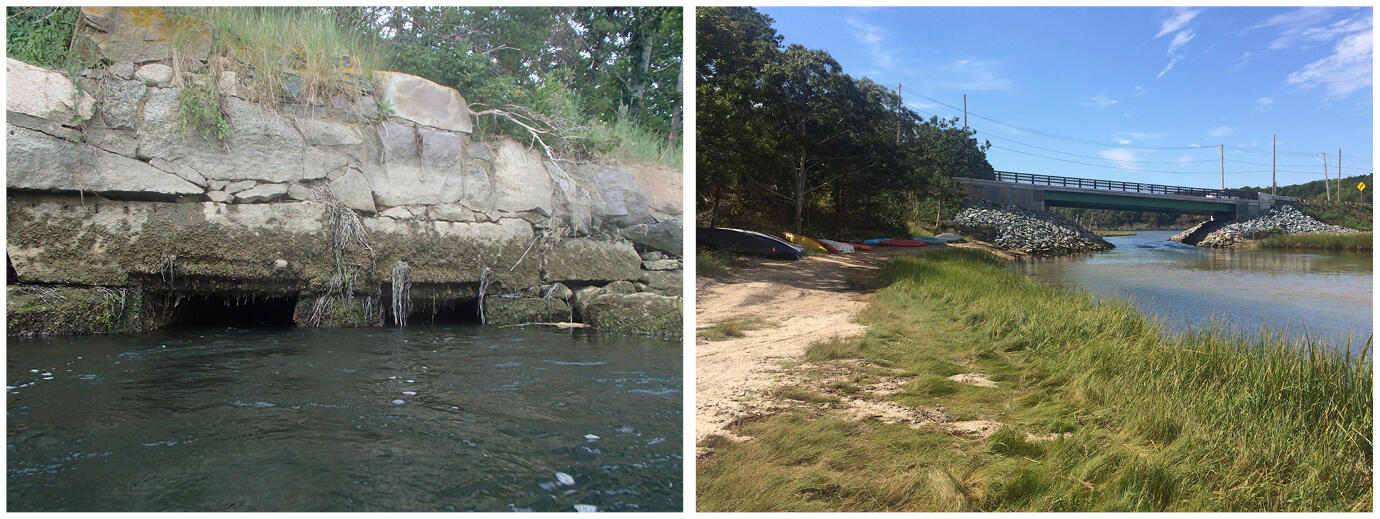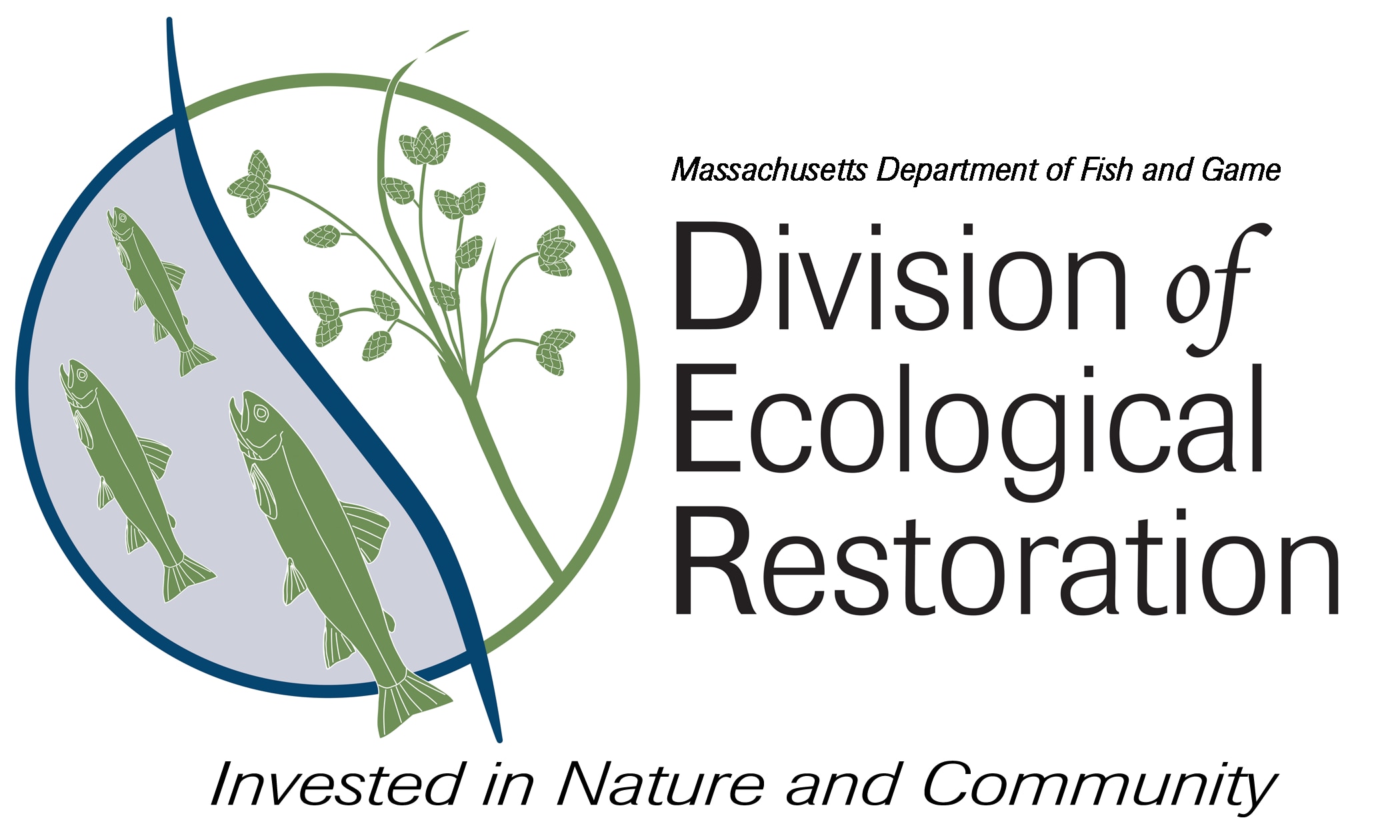- Division of Ecological Restoration

While we are on the eve of our 10th anniversary as a Division, the State’s proactive wetland restoration efforts started in the mid 90’s. In 1994, the Massachusetts Executive Office of [Energy and] Environmental Affairs, along with numerous state, federal, and other partners, signed a Resolution to Restore Massachusetts Wetlands. The Resolution committed the signatories to help restore the Commonwealth’s degraded wetlands by supporting a comprehensive strategy that covered planning, policy, funding, education, and project implementation.
Concurrently, first of its kind, the Wetlands Restoration and Banking Program (WRBP), was established to further implement the state's policy of "no net loss of wetlands in the short-term and a net gain in the long-term." Early on, the WRBP recognized the need for proactive wetland restoration separate from regulatory-required wetlands mitigation, giving rise to the Massachusetts Wetlands Restoration Program (WRP) in 2000.
During its formative years, the WRP made great strides in educating the public on the need for restoration, as well as identifying opportunities to restore wetlands degraded by human activities. While early wetland restoration efforts included both freshwater and coastal habitats, the WRP quickly focused on restoring tidally restricted wetlands. This early focus on coastal wetlands and salt marshes degraded by the disruption of natural tidal flow was the result of advances in technologies that made it easier to remotely identify stressors and catalog restoration opportunities. Working with a number of partners, the WRP contributed to producing regional Tidal Atlases that documented tidal wetland restoration opportunities by region. These Atlases were a key tool, helping to catalyze salt marsh restoration efforts in Massachusetts.
In 2009 WRP merged with the Riverways Program to become the MA Division of Ecological Restoration. Since that time, DER has continued to engage in the restoration of our coastal wetlands. To date, with more than 90 wetland restoration projects completed and 1800 acres restored, DER continues on-the-ground projects to restore our coastal and tidal wetlands. However, as our understanding of these complex systems has evolved, based on the latest research, DER finds itself shifting focus from restoration primarily through addressing tidal restrictions to include new approaches toward identifying and addressing stressors to improve wetland functioning and health.
The impacts of Climate Change, including rising sea levels and increases in the frequency and duration of coastal storm events, are placing greater pressures on the health and resilience of our marshes. It is no longer sufficient to simply restore our existing natural resources; we must look to promoting conditions that allow these dynamic systems to respond and adapt to change.
Within DER, collaboration across practice areas will facilitate a wholistic approach to restoring coastal habitats. Dam removals at the head of tide, culvert replacements in brackish and tidal freshwater environs and restoration of retired coastal cranberry bogs may secure corridors for future migration of marshes. Understanding the impacts of past ditching activities that may be less visible yet have the potential to alter thousands of acres of marsh hydrology and sediment processes through science-based investigation will aid in the development of innovative restoration tools. As the challenges facing our coastal wetlands have changed, DER’s approach to tidal wetlands restoration is evolving, and we are hopeful our program will continue to contribute toward a vibrant and strong coastal community.
Images: Muddy Creek Salt Marsh Restoration, before and after.
